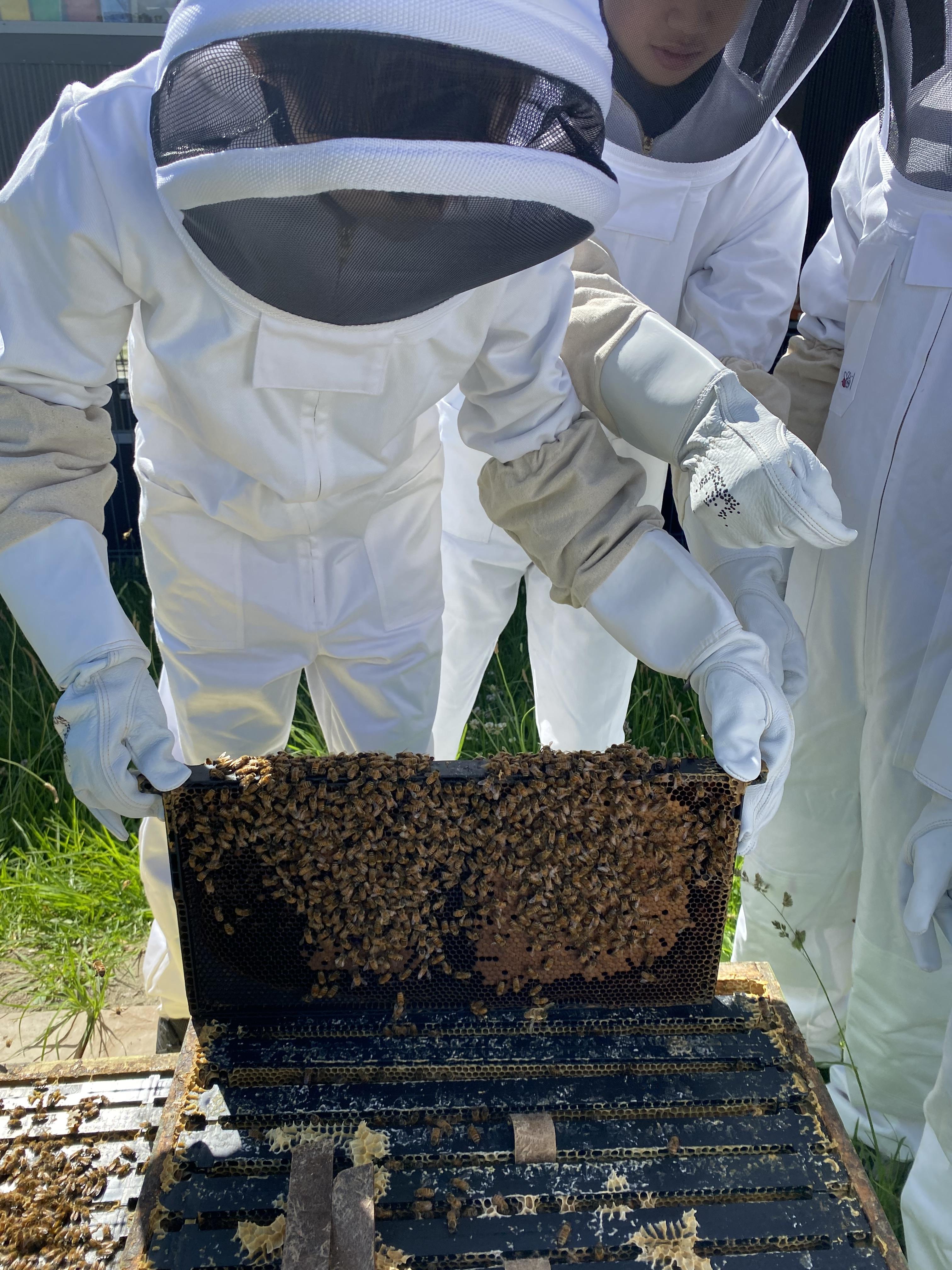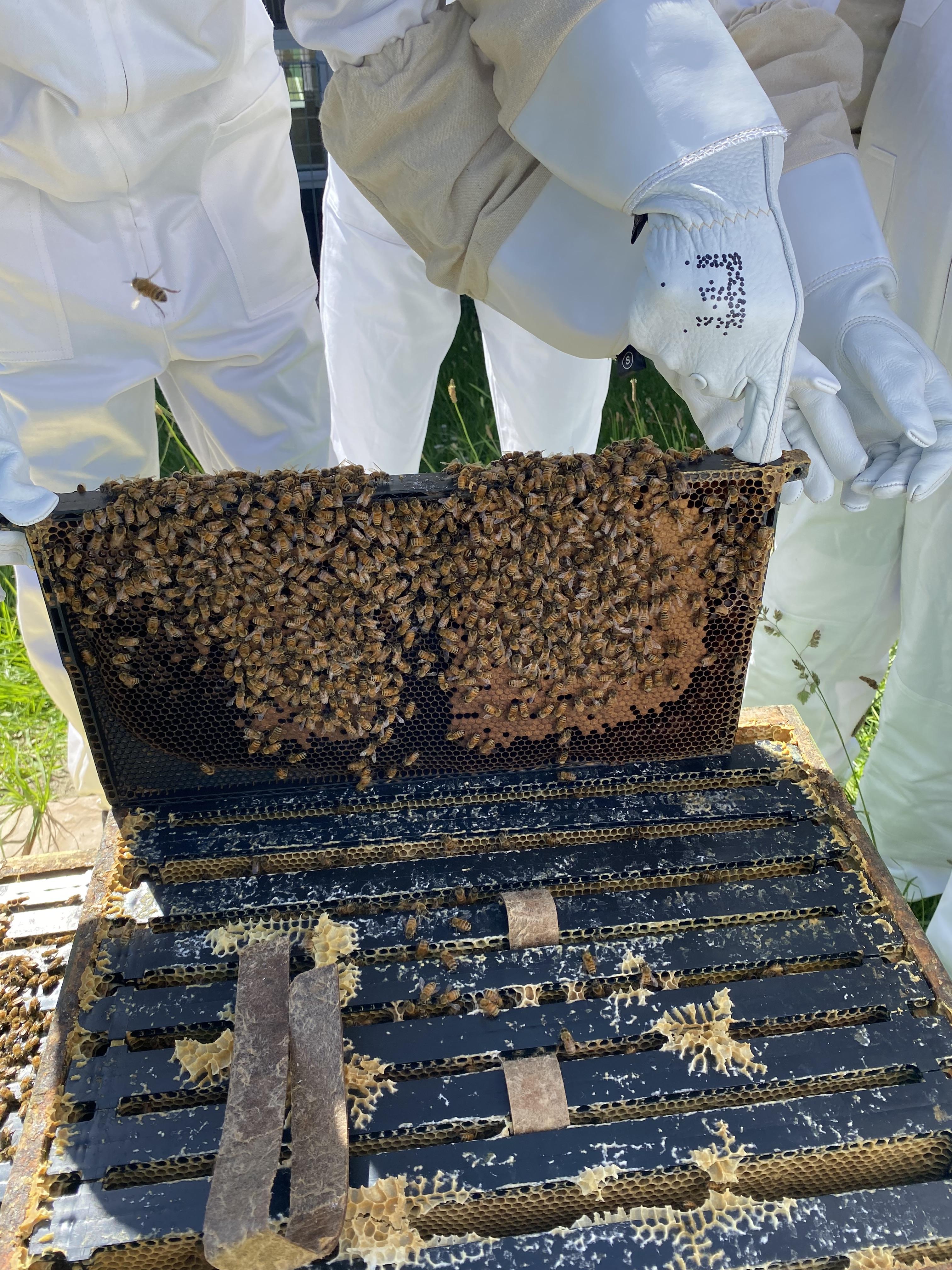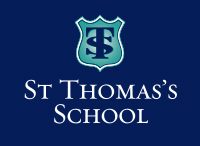

Learning Progressions
At St Thomas’s school, our teachers use Learning Progressions to design learning experiences in Reading, Writing and Mathematics. Our students use the Learning Progressions to select and reflect on learning goals and to share progress with whanau. Learning Progressions also form the basis of our real time reporting to parents.
Numeracy
How to support your child in maths (Years 0-4)
- Start Easy and Work Up! Once they have got the hang of counting by 1s, introduce skip counting, such as counting by 2s and 5s. Use household items for counting practice. Practise adding and subtracting with objects found around your house or in the garden like spoons or pots and pans. When they’ve become good at these skills, move on to simple multiplication.
- Counting can be fun and entertaining. Sing counting songs such as “One, Two Buckle My Shoe” or “This Old Man”. Use your fingers to assist with counting and play around with different patterns with your fingers. There are also many counting books. Play Hopscotch – it’s a counting game! There are lots of games where you count, such as Snakes and Ladders, Dominoes, etc.
- Work on estimating. Build questions into everyday conversations, using phrases like “About how many” or “About how much.” Keep the focus on “close enough,” rather than “exact.”
- Computers + math = fun. There are great computer games available for maths – There are websites that have fun math games or you can do an Internet search for other sites. Our school website has suggested links.
- Tap into your child’s curiosity. Go on a number hunt together and discover places where numbers are used such as a clock, TV, computer keyboard, letter boxes, telephones and licence plates.
- Use everyday activities. Your child’s world is filled with everyday maths problems that can be solved. For example, “There are four people in our family and we each need a knife and a fork to eat dinner. How much cutlery do we need to set the table?” “We had 4 eggs left in the carton and Dad brought home another carton. How many do we have now?” or “We have 2 bagels left. If we buy another bag of 6, how many will we have?”. Expose them to the language of fractions when sharing toys or portioning food (e.g. half an apple, a quarter of all the cars).
- Kitchens can be math zones. Do some baking and ask your child to help you measure out the ingredients; there’s nothing like a fresh cookie as a reward! Have maths fridge magnets available so children can start making number patterns and doing simple math problems.
- Predict and compare. Start to measure and estimate things like how far it is from the driveway to the house or how long a trip will take and then measure and compare the actual time it takes. Road signs and speedometers during road trips can be good for this.
- Talk about time. The concept of time can be hard to grasp. Talk to your children about minutes and hours. Look at both analogue and digital clocks. Get them to try counting days and weeks – for example how many “sleeps” until the weekend. Calendars can be a great adding tool at home.
- Identify geometric shapes and sizes. Play “I Spy”. Instead of looking for words beginning with a letter, look for different colours or shapes and count the number you find in the room or playground. You may even look for examples of repeated patterns or symmetry.
- Explore Money. All children have an interest in money. Have your child look at and discuss the notes and coins in your wallet/purse. Order and/or add them. Look at prices of things that are advertised in magazines and on TV. Talking about the prices of food items on a menu or sign at a fastfood restaurant is a great way to fill the time while you wait for your order!
- Read books with mathematical concepts
- Never say “I was no good at maths at school” This gives children the idea that maths is not fun or interesting and could affect their attitude. Even if we as adults have negative memories of maths, we should try to be positive about it. Remember, the way we were taught may have been quite different to the way maths is taught today. And you may be far better at maths and helping your child with maths than you realise!

